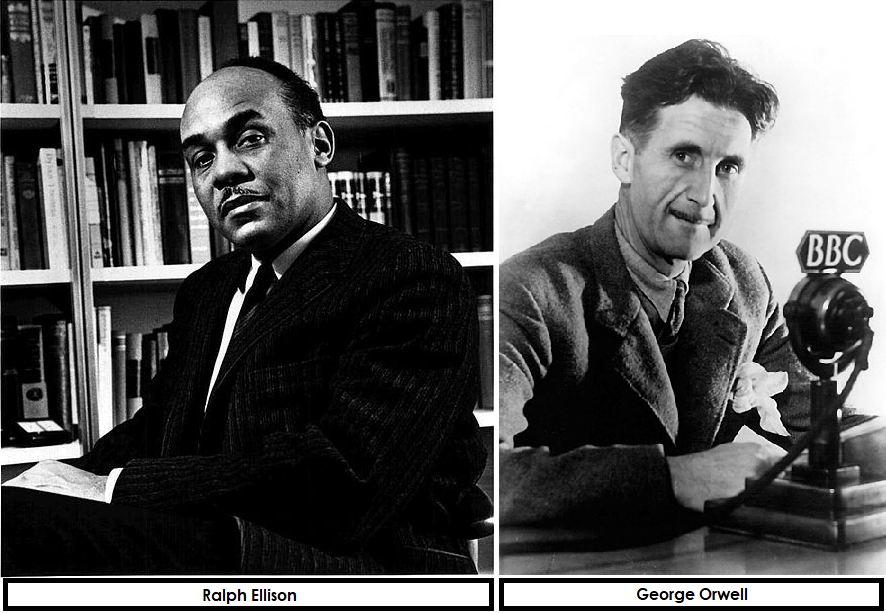UNESCO declared in 1999 that the 21st March would be made World Poetry Day, to promote the writing, reading, publishing and teaching of poetry throughout the world. In the UK we were already celebrating National Poetry Day in the first week of October, but we were very happy to take another one!
So, to celebrate the occasion, we would like to share some poems we particularly like.
Of course they’re all about books. What else would you expect?
There is no Frigate like a Book
To take us Lands away
Nor any Coursers like a Page
Of prancing Poetry –
This Traverse may the poorest take
Without oppress of Toll –
How frugal is the Chariot
That bears the Human Soul –
Emily Dickinson
Emily Dickinson (1830-1886) was regarded as an eccentric during her lifetime for only wearing white and preferring not to leave her bedroom. Of course, nobody really needs to leave their bedroom, if that’s where all their books are, and it certainly didn’t stop her from becoming one of the USA’s most important poets. You can find her work on the 4th Floor of the library at 811.39-DIC, or in a number of e-book editions through the Enterprise catalogue.
I could never have dreamt that there were such goings-on
in the world between the covers of books,
such sandstorms and ice blasts of words,
such staggering peace, such enormous laughter,
such and so many blinding bright lights,
splashing all over the pages
in a million bits and pieces
all of which were words, words, words,
and each of which were alive forever
in its own delight and glory and oddity and light.
Dylan Thomas
Dylan Thomas, who described himself as a ‘roistering, drunken and doomed poet’, also liked to crack open a book. He is perhaps best known for his play Under Milk Wood and his poem ‘Do not go gentle into that good night’. If you’d like to read them, you can find his work at 821.912-THO, on the 4th Floor.
Coincidentally, while Dickinson did her best work during her years of seclusion, Thomas was once locked in a room by a friend until he finished the stage adaptation of Under Milk Wood. Is this an essay-writing tip that Study Advice would recommend? Absolutely not. But at least we can all appreciate the value of peace and quiet and study space and teetering towers of books without necessarily locking ourselves in there.
In the Eden I’d like to build
There’s a wealth of library nooks;
There are thousands of shelves and all of them filled
With an orderly display of books.
And lest the dear number appall
Even one most bookishly willed,
There’s wideness of leisure to read them all
In the Eden I’d like to build.
Anonymous
Aaah, that’s the dream.
Do you have a favourite poem you’d like to share?




